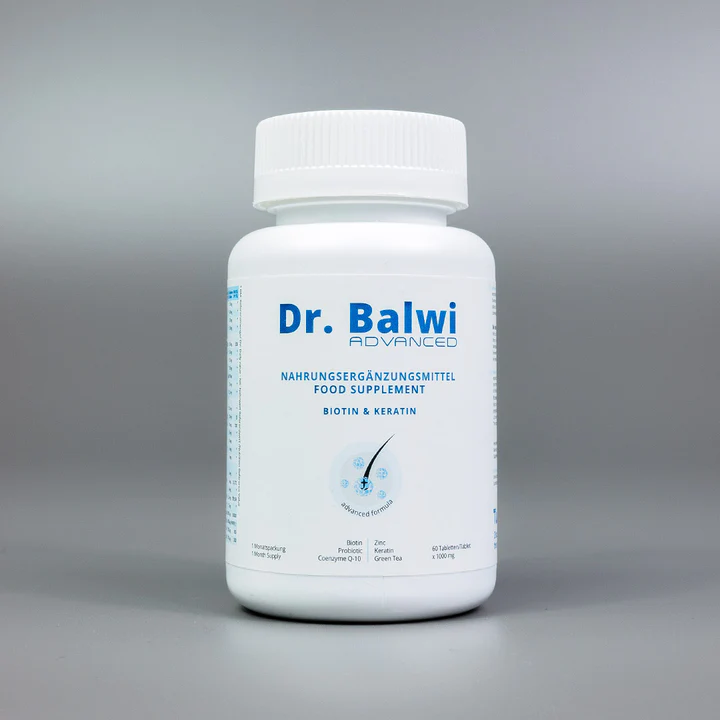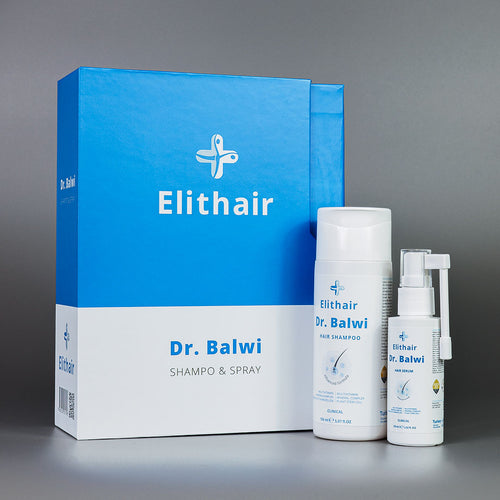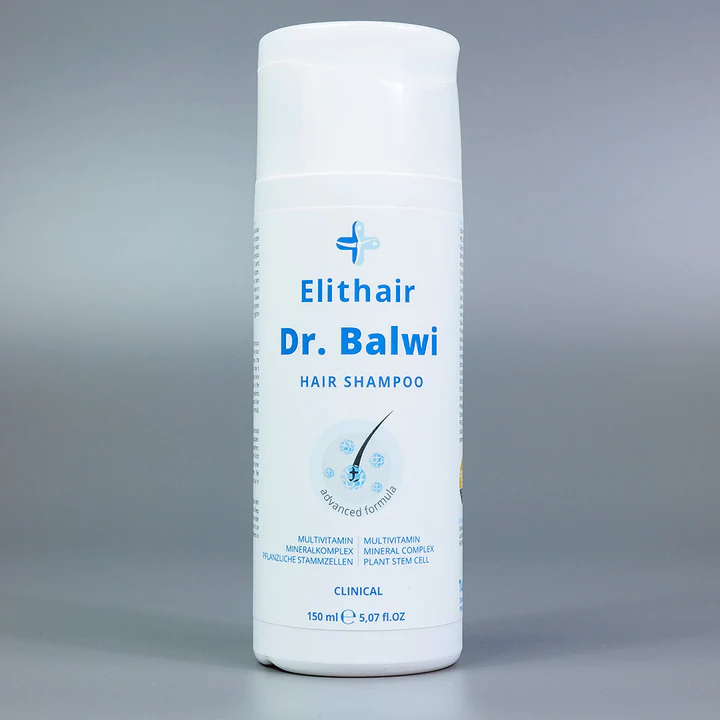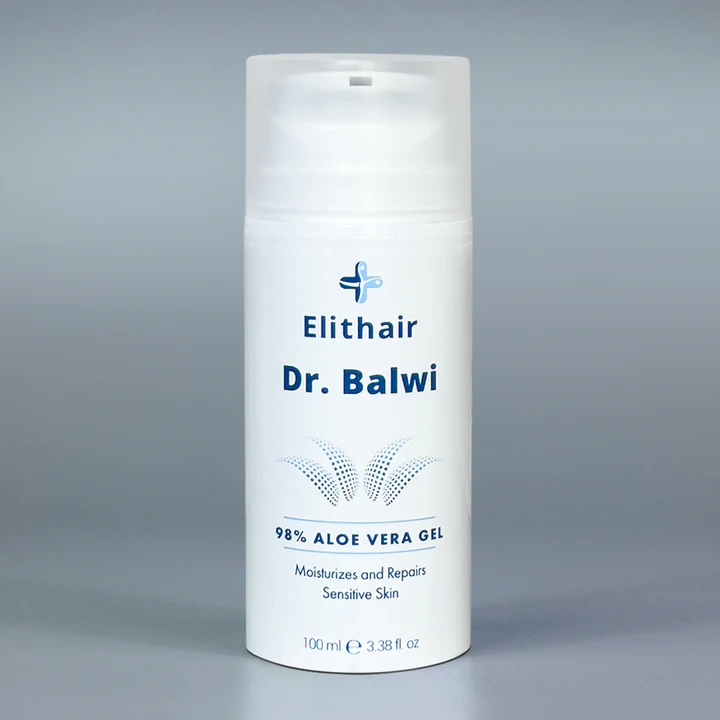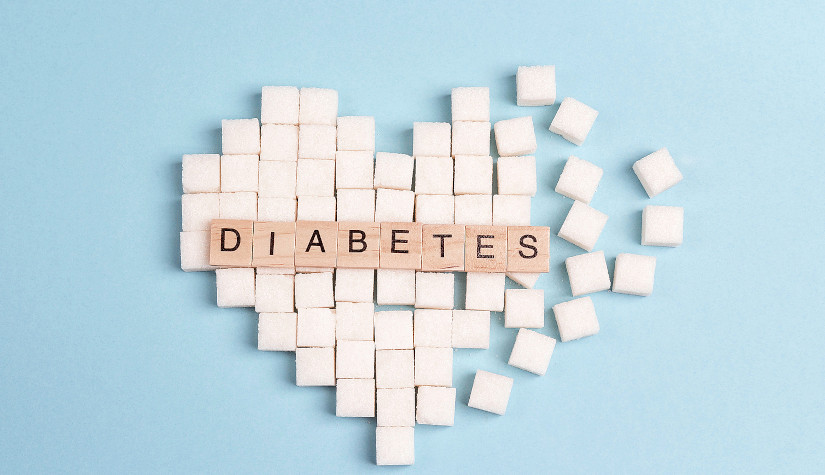
Hair Loss & Diabetes: How are They Related?
Diabetes is a condition that is prevalent in modern society due to frequent stress, sedentary lifestyles, and poor diets. But is this disease linked to hair loss?
People who have type 2 diabetes often have issues with the blood vessels, the organs of the body, and the circulatory system. This can prevent sufficient amounts of oxygen and nutrients from reaching the extremities of the body, including the scalp. If this is the case, it is possible for there to be issues with hair growth.
Summary
- Is Hair Loss a Sign of Diabetes?
- Does Your Diet Affect Your Hair?
- Diabetes and Hair Loss – FAQ’s
- What is DHT?
- Conclusion
Is Hair Loss a Sign of Diabetes?
Poor blood circulation (which is often associated with diabetes) includes circulation to the scalp. This causes the hair follicles to shrink over time and may eventually lead to hair loss and baldness if oxygen and nutrients don’t make its way there. Because diabetes can affect the hair follicles, it may also stunt new hair growth.
Type 2 diabetes causes all kinds of adverse effects on the body, including:
- Increased risk of infection
- Fatigue
- Nerve damage
- Pancreas malfunction
- Glaucoma
Will hair loss from diabetes grow back?
Due to the effects of diabetes on the hair follicles, the hair may not grow back, but it is not impossible. If you manage your stress and maintain your hair loss diabetes, you can have total hair regrowth.
With type 1 diabetes the immune system attacks blood cells as an autoimmune response. Along with the damaged blood vessels, autoimmune conditions like alopecia areata are more likely to be found in patients with type 1 diabetes. Here, you’ll be able to regrow hair after a period of balding but it may reoccur.
Can high insulin levels cause hair loss?
People who have high insulin levels may experience hair loss due to insulin resistance associated with diabetes. This means that the body has excessively high levels of insulin in the pancreas.
If this has been going on for years, the cells in the body will begin to ignore it. Thus the insulin will become less effective at getting glucose inside your cells so that you can burn energy, resulting in hair loss.
Does Your Diet Affect Your Hair?

Diet plays a major factor in maintaining healthy hair. If you aren’t getting proper vitamins and nutrients from your diet, your hair may become brittle, dry, and weak. Here is a list of essential nutrients, and foods where you can find them, to promote a strong and healthy head of hair:
- Fatty acids
- Fatty fish, such as salmon, tuna, and mackerel
- Flaxseed oil, chia seeds, and canola oil
- Walnuts
- Soybeans
- Tofu
- Vegetables like broccoli, cauliflower, and brussel sprouts
- Vitamin B6
- Bananas
- Sweet potatoes
- White potatoes
- Spinach
- Vitamin B12
- Meat
- Poultry
- Fish
- Dairy products
- Folic acid
- Fruits and vegetables, particularly tomatoes and citrus
- Whole-grain
- Beans
- Lentils
- Protein
- Lean meats, such as fish and chicken
- Eggs
- Soy products
In addition to maintaining shiny and healthy hair, eating these types of foods and including these vitamins and nutrients in your everyday diet can help reduce insulin levels, blood pressure, and prevent hair loss from diabetes.
Minerals such as iron, magnesium, zinc, and biotin are all also important for long and healthy hair. Iron deficiency has been linked to hair loss, however, in most cases, the hair loss is not permanent.
Taking supplements, multivitamins, or eating iron-rich foods, like red meat and spinach, can prevent hair loss diabetes and boost your iron levels. Supplements should be taken after you talk to your doctor.
Additionally, B12 deficiencies are quite common for many people. If you notice signs such as fatigue, pins-and-needle sensations, mobility issues, dizziness, or mood swings, it’s important to speak with a doctor about your symptoms to determine the true cause.
If it is a vitamin B12 deficiency, eating meat and dairy products can help with your B12 intake. For vegetarians and vegans, look for B12 fortified foods and supplements.
Can diabetics take biotin?
Yes – Not only can diabetics take biotin for hair regrowth, but biotin can also improve glucose levels and reduce pain brought on by diabetic nerve damage.
Diabetes and Hair Loss – FAQ’s
When it comes to diabetes management and hair loss, there are many common questions that people with diabetes tend to ask about the link between the two:
Q: Does diabetes cause facial hair growth?
A: Many women will experience facial hair growth due to a condition known as PCOS. This condition does have links to diabetes due to high insulin levels and their effect on hormones and the ovaries, which can lead to facial hair growth.
Q: Does diabetes cause an itchy scalp?
A: While typically an itchy scalp may just be due to scalp sensitivity, there is a possibility that it may indicate diabetes. Diabetes can cause all sorts of skin conditions due to high blood glucose levels causing dehydrated skin, a compromised immune system, and poor blood circulation.
Q: Can too much sugar make your hair fall out?
A: Consuming high amounts of sugar can cause an increase in blood sugar levels, which can damage your hair follicles and cause hair thinning.
Q: Is hair loss a side effect of metformin?
A: Metformin, an oral medication used along with proper diet and exercise helps to control high blood sugar levels and prevent issues associated with diabetes. While metformin does not directly cause hair loss, the conditions that are treated by metformin can cause hair loss, including diabetes and vitamin deficiencies.
What is DHT?
DHT or dihydrotestosterone is a by-product of testosterone that contributes to hair loss as it attacks the hair follicles. Many bodybuilders experience balding because when they work out in excess, their bodies overproduce testosterone and DHT, which binds to the hair follicles and causes hair thinning and hair loss interfering with the natural hair growth cycle.
Does sugar increase DHT levels?
Higher blood sugar can lead to increased insulin levels, producing a greater risk for DHT buildup. This leads to DHT binding to the hair follicles, creating a greater risk of hair loss from diabetes and other medical conditions.
How Do You Prevent Hair Loss Caused by Diabetes?
You can prevent hair loss from diabetes by staying on top of your health and wellness for long term function and well-being.
- Check your glucose and blood sugar levels regularly.
- Exercise to reduce your blood sugar levels naturally and increase oxygen delivery to your body’s cells and hair follicles.
- De-stress and find ways to unwind and take your mind off the worries of the week on a daily basis.
- Practice yoga and deep breathing exercises. Setting an intention for the day or in the evening is also a great way to create calm and prevent hair loss.
Conclusion
There are many points to keep in mind when it comes to the link between diabetes and hair loss. At Elithair, we provide a wide range of hair loss products and services to help patients with balding and alopecia retain their hair for strong and healthy locks.
Do you have more questions or are you suffering from hair loss issues? Then feel free to to contact our friendly team that will answer all your queries and discuss treatment options for a hair transplant. Furthermore they can also offer a free and non binding hair analysis!
